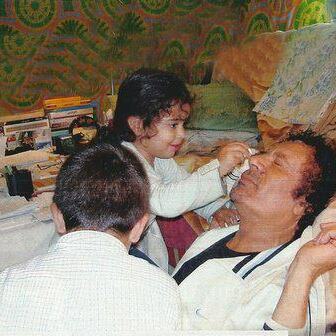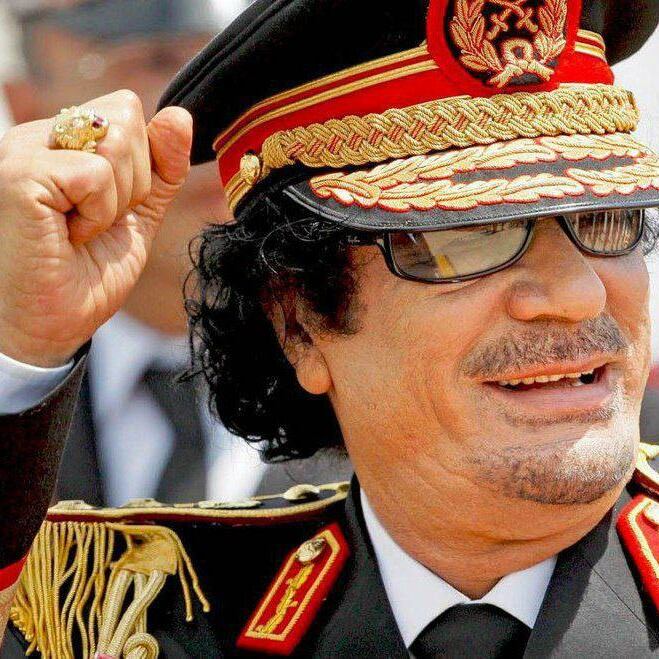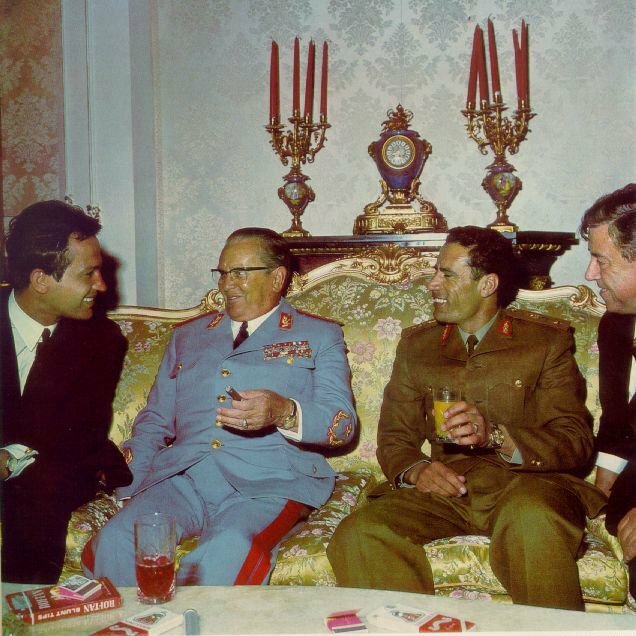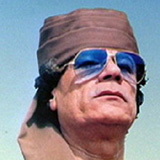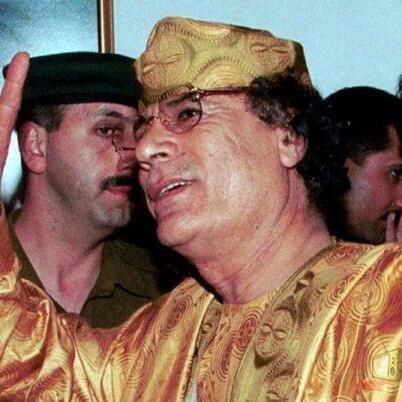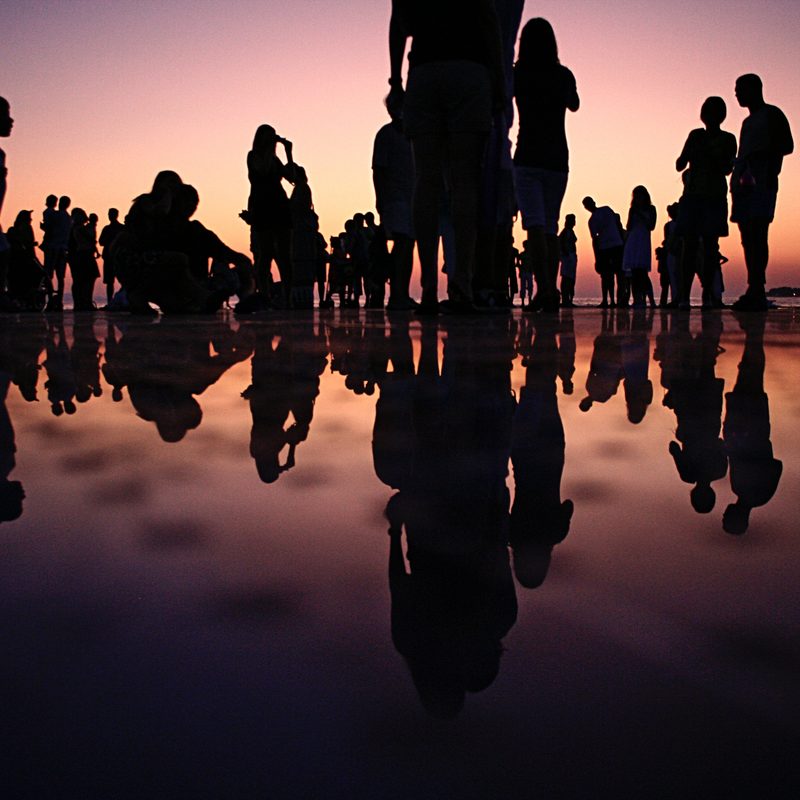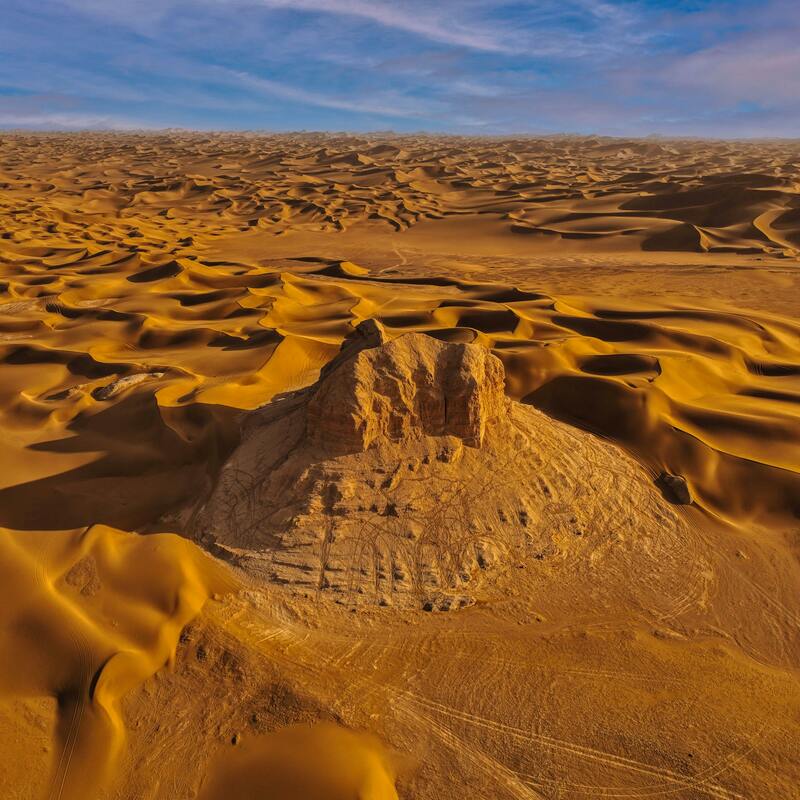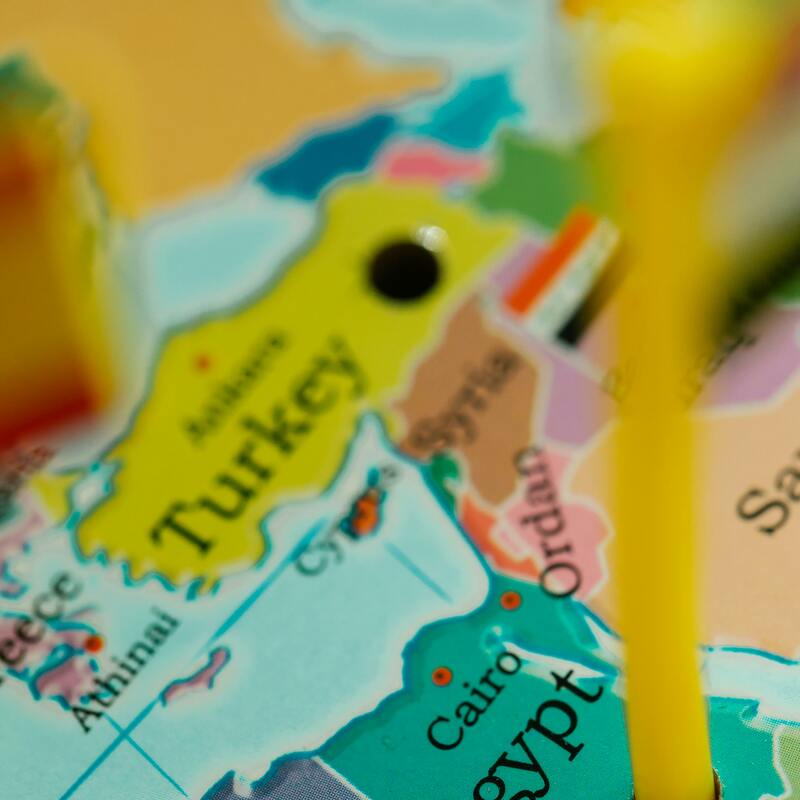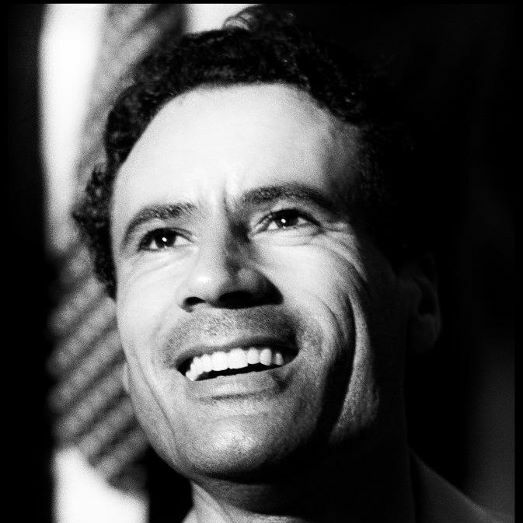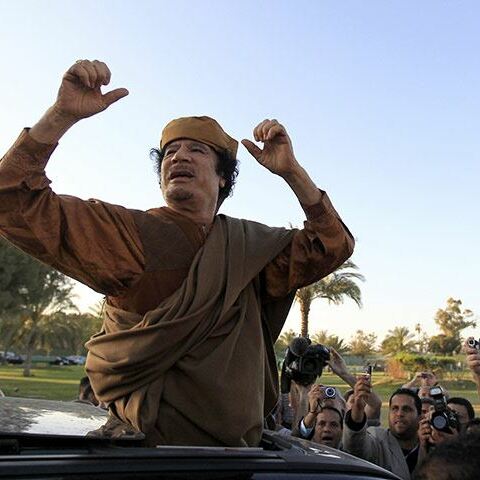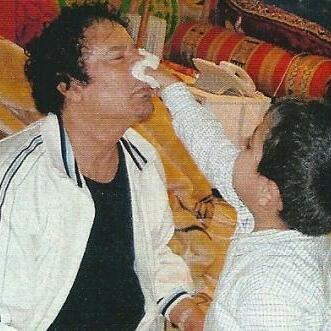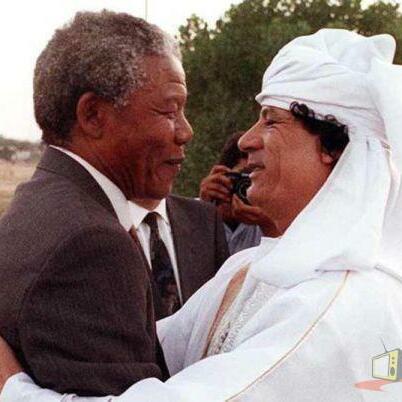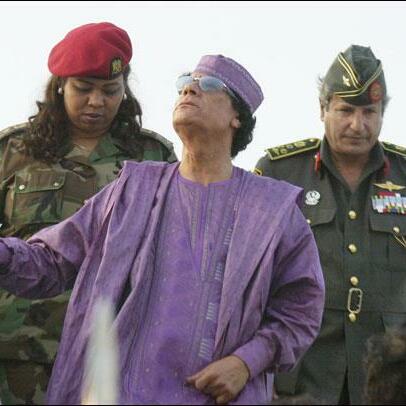Gaddafi’s Dream: Rebuilding Africa
from the Ashes of the Union of African States
In the vast Libyan desert, under the scorching sun, a man who once styled himself the "King of Kings of Africa" dreamed not only of revolution in his own country, but of an entire continent reborn. That man was Muammar Al Gaddafi—leader of Libya, revolutionary thinker, and one of the most polarizing figures in modern African history.
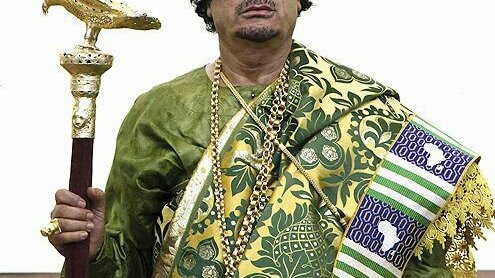
The Legacy of the Past
The roots of Gaddafi’s dream stretched back to the early 1960s, when Ghana’s Kwame Nkrumah, Egypt’s Gamal Abdel Nasser, and Guinea’s Sékou Touré attempted to form the Union of African States—a short-lived political alliance based on pan-African ideals. It was bold, symbolic, and ultimately unsustainable. National interests, Cold War pressures, and weak institutions doomed it to failure.
But Gaddafi, rising to power in Libya in 1969, never forgot it. In fact, he believed Africa had been betrayed—first by colonizers, then by post-colonial fragmentation. He wanted a United States of Africa. Not a loose alliance. Not a trade bloc. A continent under one flag.

The Birth of the African Union
At a 1999 summit in his hometown of Sirte, Gaddafi proposed a daring reformation: dissolve the OAU and create a new African Union (AU) modeled after the European Union. He envisioned a unified Africa with:
- A single army
- One currency backed by African gold reserves, which he named the gold dinar
- A central bank
- A continental government
Skepticism greeted his proposals from many leaders, while others, preoccupied with domestic issues, remained indifferent. Nevertheless, Gaddafi leveraged his oil wealth and persuasiveness to secure agreement in principle from African heads of state. By 2002, the African Union was established, with its inaugural summit in Durban, South Africa.
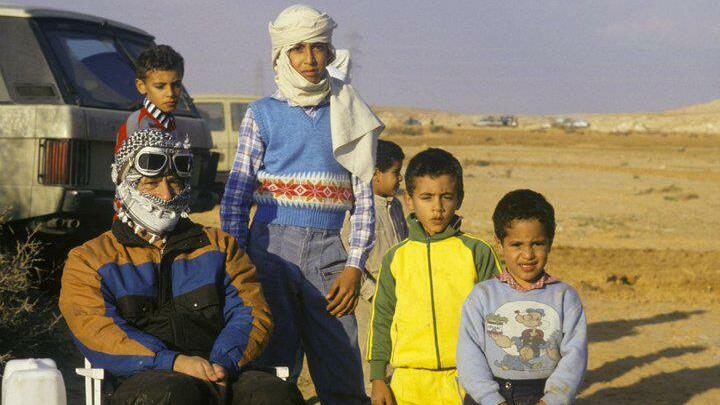
**The Pan-Africanist Rebranded**
In the following decade, Gaddafi emerged as the AU’s most ostentatious advocate. He traversed the continent adorned in traditional African robes, distributing funds and orchestrating extravagant summits. He even proclaimed himself the "Leader of Africa," later adding the title "King of Kings of Africa" as he gathered hundreds of tribal leaders in Libya to pledge loyalty to his vision.
Gaddafi advocated for a single African passport, a unified continental defense force, and a federated government. He sought to relocate the AU headquarters from Ethiopia to Libya and called for the rejection of Western institutions like the IMF and World Bank, promoting financial self-reliance for Africa.
While many of his proposals were radical or impractical, they reignited important discussions about African unity. For many within the African diaspora, Gaddafi represented a resilient, self-sufficient Africa, free from Western influence.
**The Fall and Aftermath**
However, Gaddafi's aspirations were abruptly halted.
In 2011, during the Arab Spring, NATO-backed "rebels" overthrew and killed him, with air cover support of French and US fighter jets, dropping bombs around Sirte. With his demise, the African Union lost its most vocal and unyielding advocate. Although the institution he helped reshape continued to exist, it lacked the same vigor.
Today, the AU grapples with budget limitations, regional conflicts, and internal divisions. Some of Gaddafi’s ideas, such as the African Continental Free Trade Area (AfCFTA), have gained traction, while others, like the unified currency, remain elusive aspirations.
**Legacy of Muammar Al Gaddafi**
To some, Gaddafi was a tyrant; to others, a misunderstood visionary. Yet one truth remains: he revived the pan-African dream when it was nearly forgotten. He envisioned a continental identity that transcended colonial borders, rooted instead in a shared destiny.
He rekindled, if not the institutions themselves, then at least the aspirations for African unity—reviving the spirit of Nkrumah’s original Union of African States and, for a time, placing Africa’s future back into its own hands.
